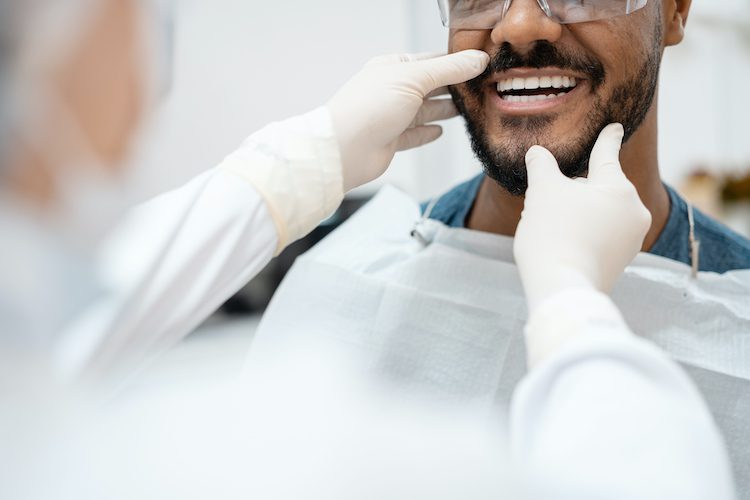Dental emergencies can occur unexpectedly, causing significant distress. Knowing when to seek emergency dentistry is crucial for maintaining oral health. Immediate action could prevent further damage and alleviate pain. Many individuals delay treatment, which can lead to more severe issues. Understanding the nature of common dental emergencies can help you make informed decisions and act promptly when necessary.
Understanding Dental Emergencies
Dental emergencies require immediate attention from a dental professional. They often involve severe pain, bleeding, or trauma to the mouth. Not every dental issue qualifies as an emergency, but recognizing the difference is vital. For instance, a mild toothache might not be urgent. However, a sudden, severe toothache could indicate a more serious problem. Knowing the signs of a true dental emergency can save you time and reduce unnecessary stress. It can also prevent the progression of dental issues that might become more complicated if left untreated.
Severe Toothache or Pain
Toothaches are common but can sometimes signal a serious underlying issue. If the pain is severe and persistent, it is essential to seek emergency dentistry. Severe tooth pain can result from tooth decay, an abscess, or a dental injury. Over-the-counter painkillers may provide temporary relief but won’t address the root cause. A dentist can diagnose the issue accurately and provide appropriate treatment to alleviate pain. Ignoring severe tooth pain can lead to complications, such as infections spreading to other parts of the body.
Broken or Chipped Teeth
Teeth can break or chip due to various reasons, including accidents, sports injuries, or biting down on hard objects. If a significant portion of the tooth breaks off, it is crucial to see a dentist immediately. Sharp edges from a broken tooth can cut the tongue or cheeks, leading to additional discomfort. A dentist can smooth the edges and restore the tooth’s function and appearance. Depending on the severity, they might use bonding, veneers, or crowns to repair the damage. Prompt treatment could prevent further complications and preserve the tooth’s integrity.
Knocked-Out Tooth
A knocked-out tooth is one of the most urgent dental emergencies. Time is of the essence in this situation. If you act quickly, there is a higher chance of saving the tooth. First, retrieve the tooth carefully, holding it by the crown, not the root. Rinse it gently if it is dirty, but avoid scrubbing it. Seek emergency dentistry immediately. The dentist can assess the situation and attempt to reimplant the tooth. The sooner you act, the better the chances of saving the tooth.
Abscess or Infection
An abscess is a serious infection that occurs around the root of a tooth or in the gums. It can cause severe pain, swelling, and even fever. An untreated abscess can lead to severe complications, including the spread of infection to other parts of the body. If you suspect you have an abscess, seek emergency dentistry immediately. A dentist can drain the infection and may prescribe antibiotics to clear it. They might also recommend a root canal or extraction, depending on the severity of the infection. Timely treatment is crucial to prevent further health complications.
Bleeding or Swollen Gums
Bleeding gums can be a sign of gum disease, which requires attention. However, if the bleeding is severe or accompanied by swelling and pain, it may indicate a more serious issue. In such cases, seek emergency dentistry. Swollen gums can signal an infection or abscess that needs immediate care. A dentist can assess the situation, diagnose the cause, and provide the necessary treatment. Early intervention could prevent the progression of gum disease and protect your oral health.
Lost Filling or Crown
Fillings and crowns are designed to protect damaged teeth. Losing one can expose the tooth to further damage and increase the risk of decay. If a filling or crown falls out, it is important to contact a dentist as soon as possible. They can replace it and ensure the tooth remains protected. Delaying treatment can lead to more extensive damage, requiring more complex procedures like root canals or extractions. Prompt action could save both time and money in the long run.
Emergency Dentistry in Clinton, NC
When you need emergency dentistry, act quickly. Delays can worsen the problem and increase pain and discomfort. Knowing when to seek help is crucial for maintaining oral health and preventing further complications. At Clinton Family Dentistry and Orthodontics, we are here to help. Contact our office today to schedule an emergency dental appointment and get the treatment you need to protect your oral health.

